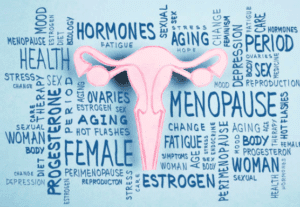As science advances and more studies are done, good sleep is emerging as the single most important health habit you can implement.
You already know how tired you feel after a poor night’s sleep. You may also notice that your brain isn’t as clear.
Sleep deprivation is linked to:
- increased dementia risk
- increased heart disease risk
- slower metabolism/ weight gain
- increased cancer risk
- lower mood
- poor memory
- decreased decision making and slower reflexes
- immune system dysfunction
How much sleep is enough?
Giving up sleep is detrimental to your brain completing its healing, repairing, restoring brain chemistry, sealing memory and learning, and detoxifying. Sleep deprivation has other further reaching impacts on functions like metabolism and immune system protection.
Insomnia:
There are different types of sleep disturbances.
‘Initial insomnia’ is trouble falling asleep.
‘Middle insomnia’ is waking up after falling asleep.
‘Terminal insomnia’ describes waking up and not being able to fall back asleep.
Hormones and sleep:
Melatonin is the most commonly known hormone of sleep.
Studies have shown melatonin to be an important modulator if the immune system. One study showed that optimizing melatonin reduced the risk of breast cancer.
Melatonin is produced during the day and stored in your pineal gland.
As dusk falls, and time to sleep approaches, melatonin is released and prepares you to fall asleep.
Melatonin production is decreased by artificial light, devices with screens and blue light.
Commonly overlooked sleep disruptor: Most of your brain is made of fat. Traditional medicine does not look at the role of fat soluble molecules like Persistent organic pollutants (POP’s), phthalates, Bisphenols, etc in the role of disrupting sleep due to accumulation in fatty tissues.



